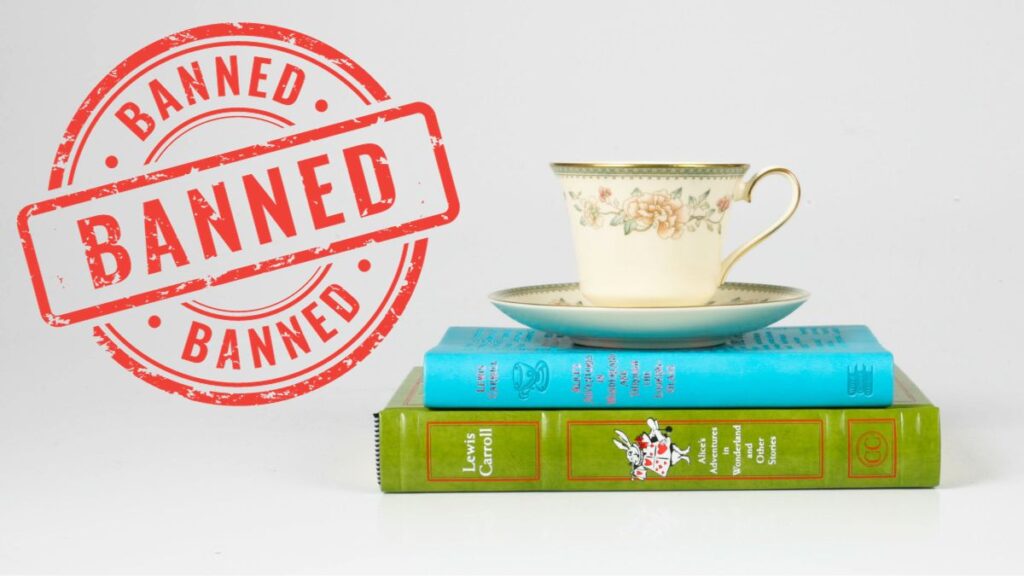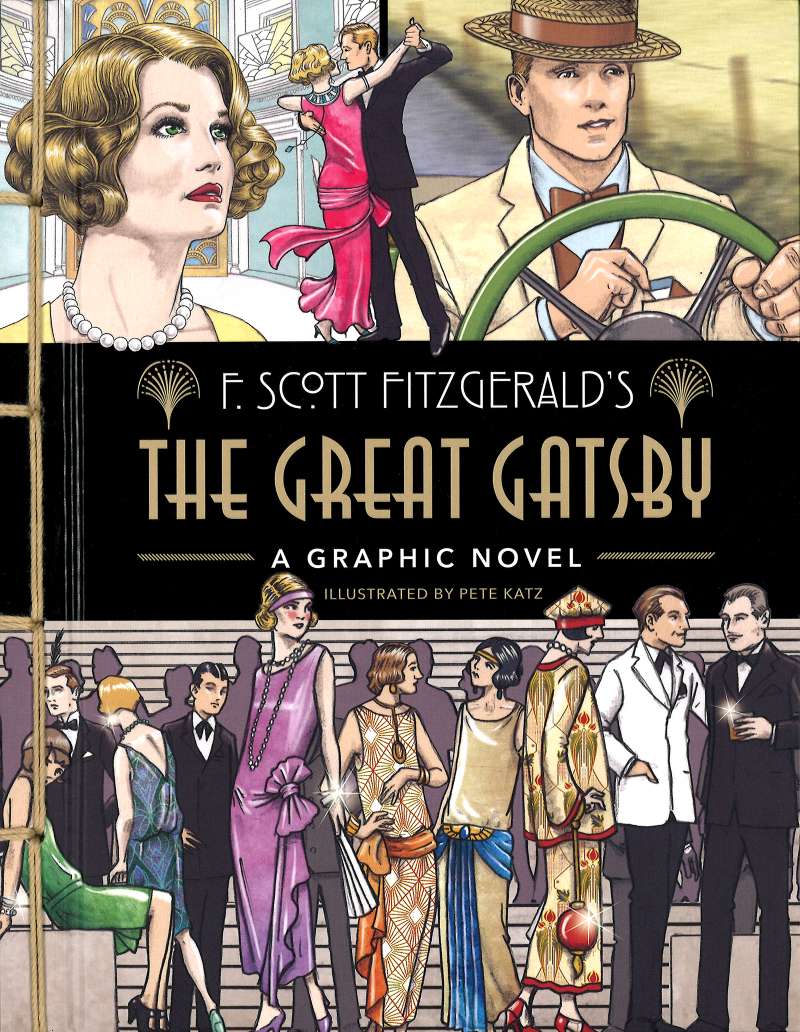The first week of October marks National Banned Books Week—an annual celebration of the value of free and open access to information. To commemorate the event, we’ve compiled a list of popular classics that have been historically banned. Read on to discover why!
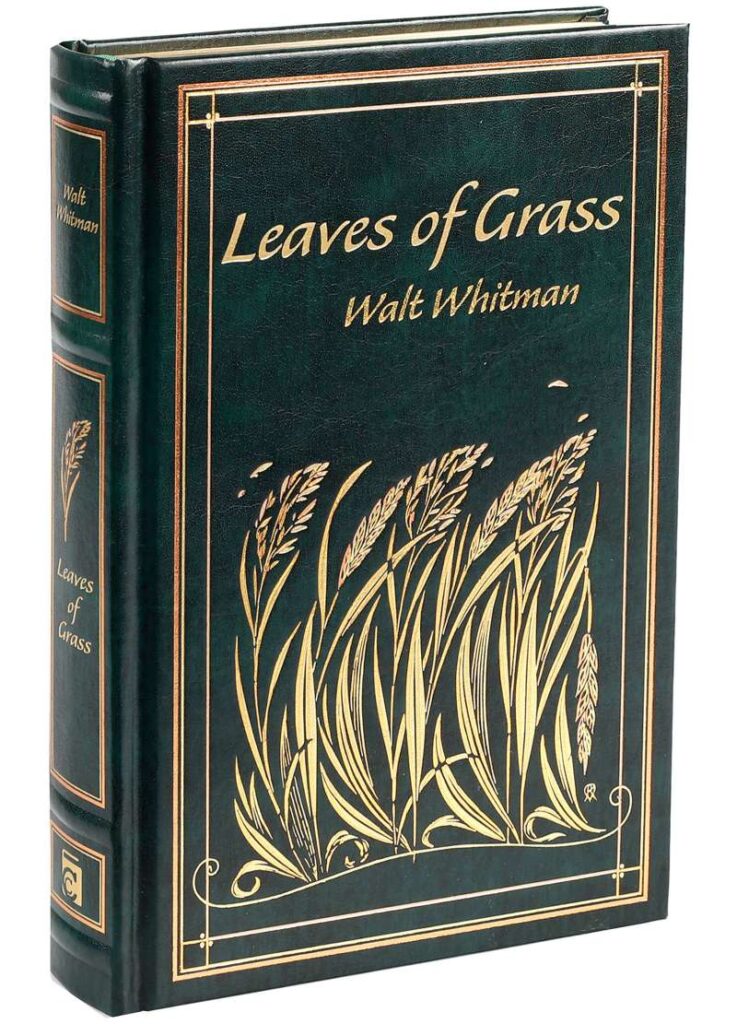
In 1882, the district attorney of Boston banned Whitman’s collection because the sexually charged poems violated the Comstock Act of 1873.
The book later cost the author his federal job when a U.S. senator discovered Whitman was the author. The Republican senator considered Leaves of Grass to be an “immoral book” due to its homoerotic overtones.
Alice’s Adventures in Wonderland and Other Stories
Alice’s Adventures in Wonderland was banned in the United States in the 1960s after parents were enraged by the novel’s alleged promotion of drug use.
The most controversial scene is when Alice meets the philosophical caterpillar—who sits atop a mushroom smoking a hookah. He offers Alice a special mushroom that will alter her size; many parents believed this was alluding to the psychedelic effects of magic mushrooms.
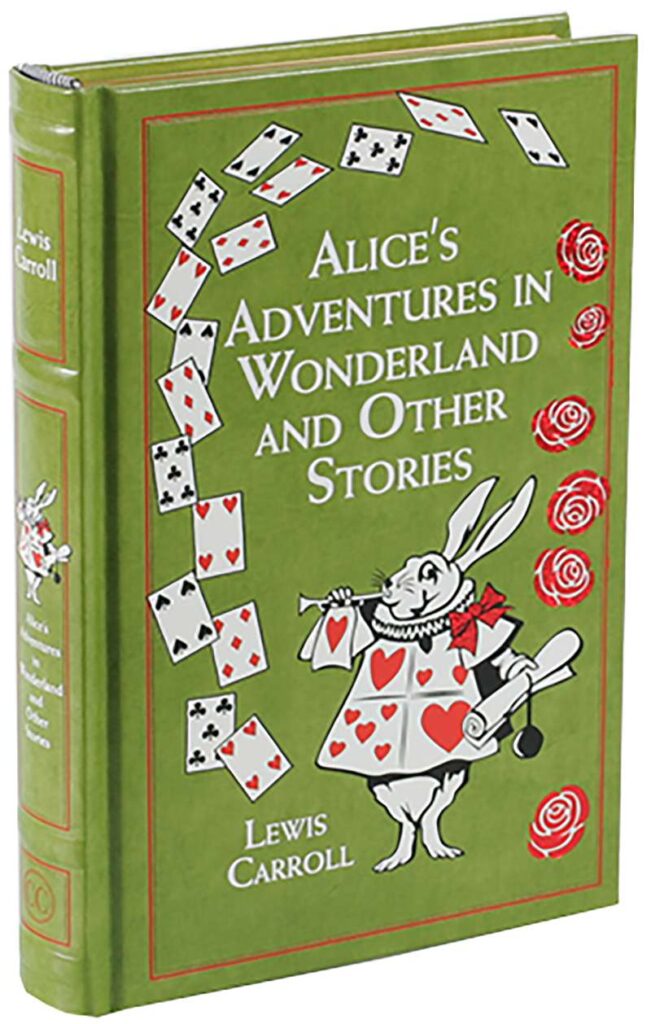
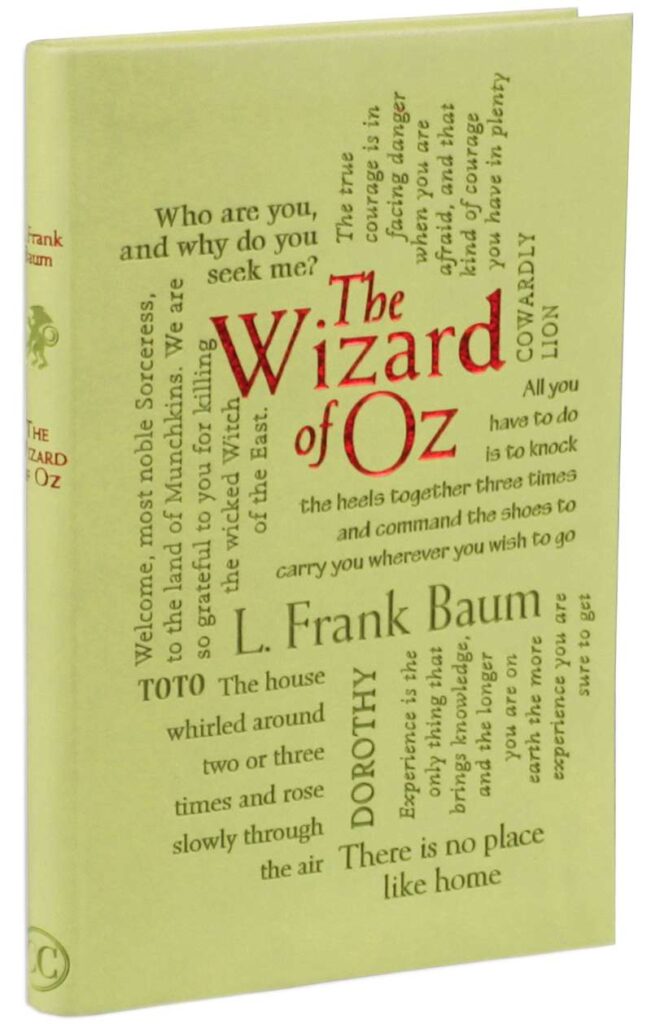
The Wizard of Oz was banned by all public libraries in 1928 because the book was deemed ungodly for “depicting women in strong leadership roles.”
However, the most notorious banning was in 1986 when seven families from Tennessee filed a lawsuit to remove the book from school syllabuses. One parent claimed, “I do not want my children seduced into godless supernaturalism.” The case was later taken to the Supreme Court.
The Great Gatsby tops the list of books with attempted bans. According to the ALA, the most serious challenge came in 1987 from the Baptist College in Charleston, South Carolina, which objected to “language and sexual references in the book.”
Another challenge against the book came from the Bay County School District in Pensacola, Florida that same year. Officials claimed that the novel promoted extramarital affairs and excessive drinking.
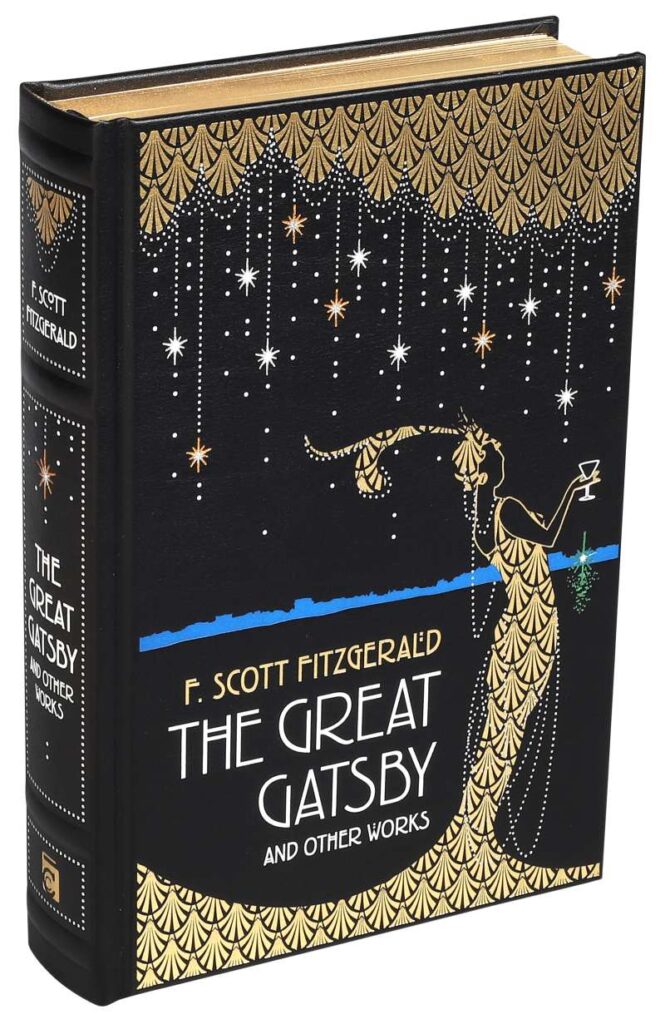
For all Gatsby fans—try this graphic adaption of the popular classic.
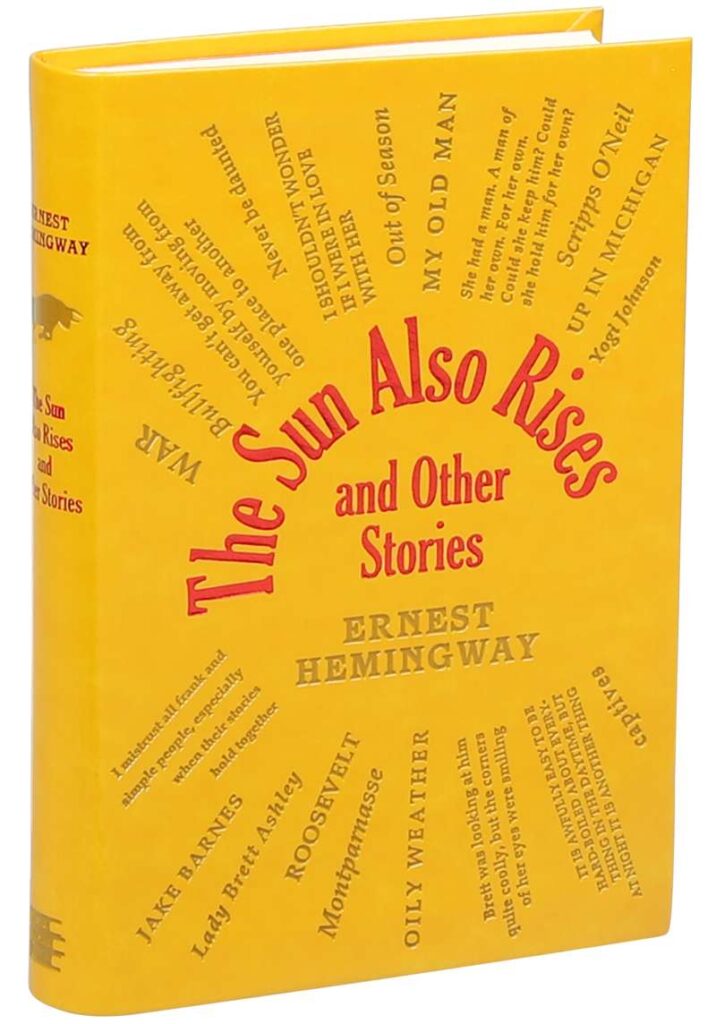
The Sun Also Rises denounces violence through its negative portrayal of wartime. The Nazis, who glorified warfare, burned the novel with other “un-German” books in a massive bonfire in 1933.
In 1960, the book was banned from schools in Riverside for its profane language and central focus on sex. As of 2017, the classic is number 18 on the American Library Association’s banned book list.








